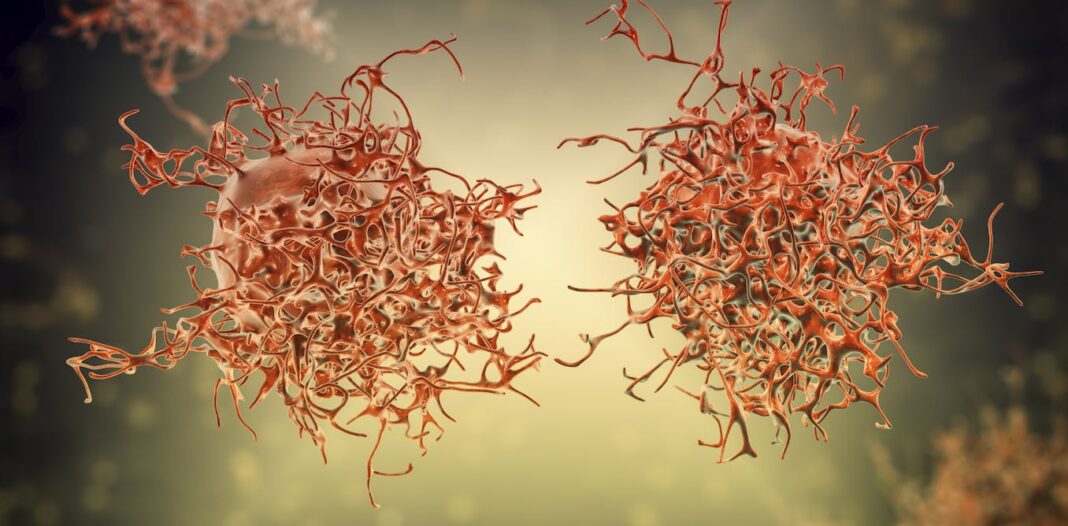Eliminating Cervical Cancer: New Zealand Lags Behind Global Efforts
Global Goals
The World Health Organization’s global elimination strategy for cervical cancer rests on three targets:
- 90% of girls fully vaccinated with the HPV vaccine by the age of 15
- 70% of women screened using a high-performance test (for example, HPV testing) by the age of 35 and again by the age of 45
- 90% of women with pre-cancer treated and 90% of women with invasive cancer managed
The Rise in Self-Testing
HPV self-testing was introduced as part of the national screening programme in September 2023. Testing for the virus provides 60-70% greater protection against developing invasive cervical cancers compared with cervical cytology (the “smear” – involving a speculum examination by a trained provider).
Increased Uptake
Women can do the test themselves, and under the new scheme, 80% are choosing self-testing. There has also been a high uptake from never-screened or under-screened women. This is important because more than 85% of our cervical cancers occurred in those not regularly screened.
Low Vaccination Rates
While screening coverage has increased to 70.8% overall, New Zealand’s HPV vaccination coverage is low (45-60%) – nowhere near the 90% target, which Australia is close to.
Consequences of Low Vaccination Rates
A recent study found no cases of cervical cancer in a cohort of girls immunized between the age of 12 and 13 (born between 1996 and 1998) in Scotland’s school-based vaccination programme. However, there were cases of cervical cancer in the unvaccinated group.
More Work Needed
Champions, researchers, clinicians, and whānau campaigned and contributed to our new (albeit overdue) HPV cervical screening programme. However, more action is needed.
Elimination Strategy
To achieve the elimination goals, three things need to happen:
- Free cervical screening (unlike breast and bowel screening, New Zealand’s cervical screening programme not fully-funded)
- A cervical cancer elimination strategy with dedicated funding
- Boosting HPV vaccination uptake
Conclusion
Aotearoa has the tools (HPV self-testing, vaccination, and treatment for cell changes) to make elimination for all a reality. However, without an equitable strategy or funding to drive progress, the end of cervical cancer for New Zealanders will not be as close or as equitable as it should be.
FAQs
Q: What is the current state of cervical cancer in New Zealand?
A: Each year approximately 175 New Zealanders are diagnosed with cervical cancer and 55 people die from it.
Q: What is the cause of 95% of cervical cancers?
A: Human papillomavirus (HPV) is the cause of 95% of cervical cancers and some throat and anal cancers.
Q: What is the current HPV vaccination coverage in New Zealand?
A: New Zealand’s HPV vaccination coverage is low (45-60%) – nowhere near the 90% target, which Australia is close to.
Q: What is the current screening coverage in New Zealand?
A: Screening coverage has increased to 70.8% overall, but coverage for Māori remains below – increasing from 56.3% to just 61.9%.




